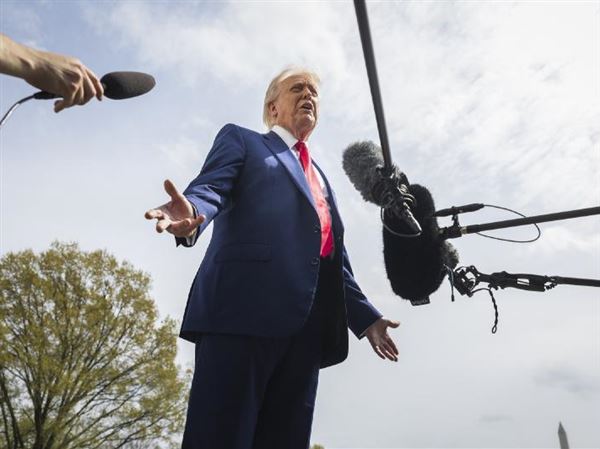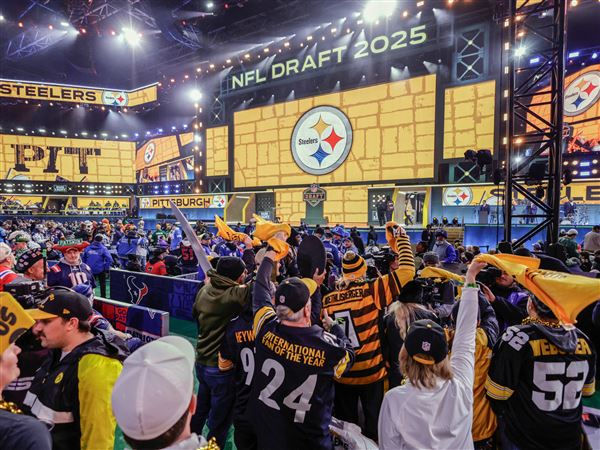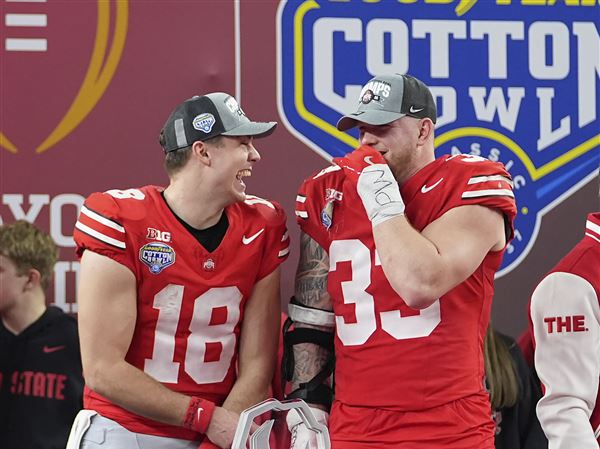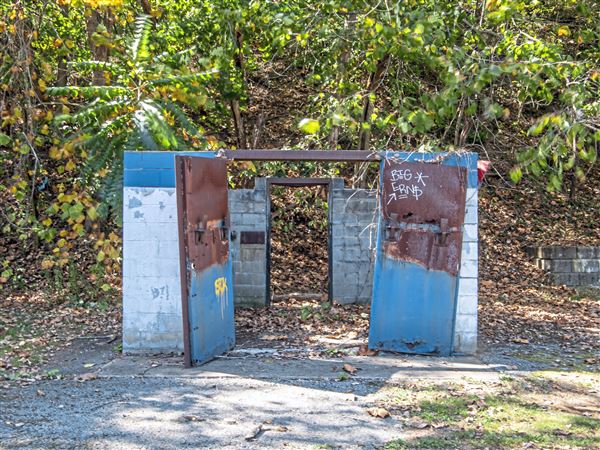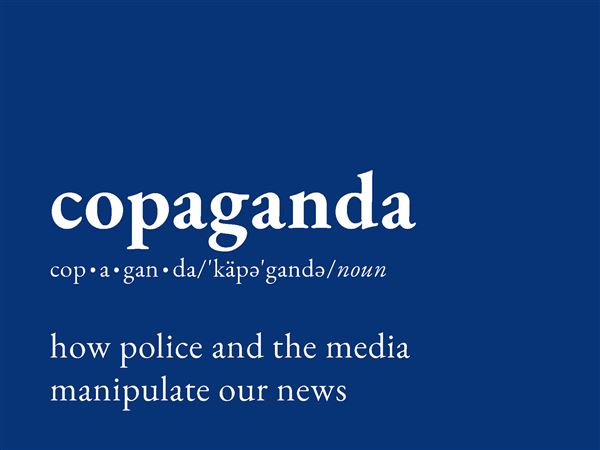Negotiating is tough with “guns pointed at each others’ heads,” Mayor Bill Peduto said.
Mr. Peduto and his staff have been meeting regularly with UPMC officials since his election last fall over how to get the massive health care nonprofit to pay its “fair share” into the city budget, the mayor said Tuesday, though he added those discussions have been hampered by the lawsuit filed in 2013 by his predecessor, former Mayor Luke Ravenstahl, that sought to strip UPMC of its tax-exempt status and collect payroll taxes.
The action drew a return shot from UPMC: a federal lawsuit alleging it was unfairly singled out in violation of its due-process rights.
That dynamic prompted Mr. Peduto to take what he called a “leap of faith” and unilaterally cease legal hostilities Friday. UPMC, in return, dropped its federal suit Monday.
“Obviously the lawsuit was something that we inherited and we continued to pursue, however at the same time we’ve been trying to negotiate with UPMC for a long-term agreement to pay their fair share of taxes, to work with them on issues of their lowest-paid employees, many of whom, almost all of whom, are city residents and also to try to end the war with Highmark,” Mr Peduto said. “Now we're at the point where we can negotiate for the things Pittsburgh needs without this atmosphere of threats or intimidation.”
Mr. Peduto’s decision came after a judge dismissed the city’s suit last month on narrow grounds that it erred in suing UPMC and not its individual member entities, which the judge said are the actual employers of UPMC’s more than 62,000 workers. The city was left with the option of making its case against each individual subsidiary.
Kevin Acklin, Mr. Peduto’s chief of staff, said the decision was not a reflection of the legal offensive the city would have had to mount to take on UPMC piece by piece.
“It’s not a statement by either side as to the merits of their cases. We think we can accomplish at lot more outside of litigation,” Mr. Acklin said. “It’s really an effort and a judgment by this administration that there’s a lot more we accomplish by having discussions outside the courtroom.”
UPMC is Pennsylvania’s largest nongovernmental employer and Allegheny County’s largest property owner, with 656 acres and $1.6 billion in land and buildings. Eighty-six percent of that property is tax-exempt, according to a Pittsburgh Post-Gazette analysis.
If it were not a nonprofit, and thus exempt from paying certain taxes, UPMC would owe the city $20 million more in taxes every year.
Mr. Ravenstahl’s lawsuit was an attempt to claim from UPMC the 0.55 percent of payroll expenses the city collects from for-profit employers and part of a push-back against its closure of medical facilities in poor communities, what was perceived as lavish compensation of executives and its retaliation against blue-collar workers attempting to unionize.
The Rev. John Welch, dean of students at the Pittsburgh Theological Seminary and a member of the Pennsylvania Interfaith Impact network, a network of congregations and other groups that has advocated for UPMC workers in their efforts to unionize, cited Mr. Peduto’s support for the effort and said in a statement that “standing up to UPMC is standing up for Pittsburgh.”
“Good jobs with worker protections, access to affordable health care and paying a fair share are not gifts to Pittsburgh. They are what Pittsburghers expect from our city’s largest employer, health care provider and landowner,” Rev. Welch said. “With sufficient money to pay millions to executives, to buy corporate jets and to set aside in profits, UPMC can and must do more to strengthen our families and our city and lead the way for others to do likewise.”
Mr. Peduto said future discussions will focus not just on a payment in lieu of taxes, but also on “other opportunities to really become a good neighbor” that could include housing developments, job training or youth programs similar to what other large nonprofits in major cities, such as the University of Pennsylvania in Philadelphia, conduct.
“That’s where the conversations are headed and that’s where they’ve been headed,” Mr. Peduto said. “The problem was ... they had a gun to our head and we had a gun to theirs. ... So we decided, let’s have this conversation for the benefit of Pittsburgh. Let’s put away the guns.”
UPMC officials did not respond to request for comment.
First Published: July 29, 2014, 4:00 a.m.
Updated: July 30, 2014, 3:29 a.m.
